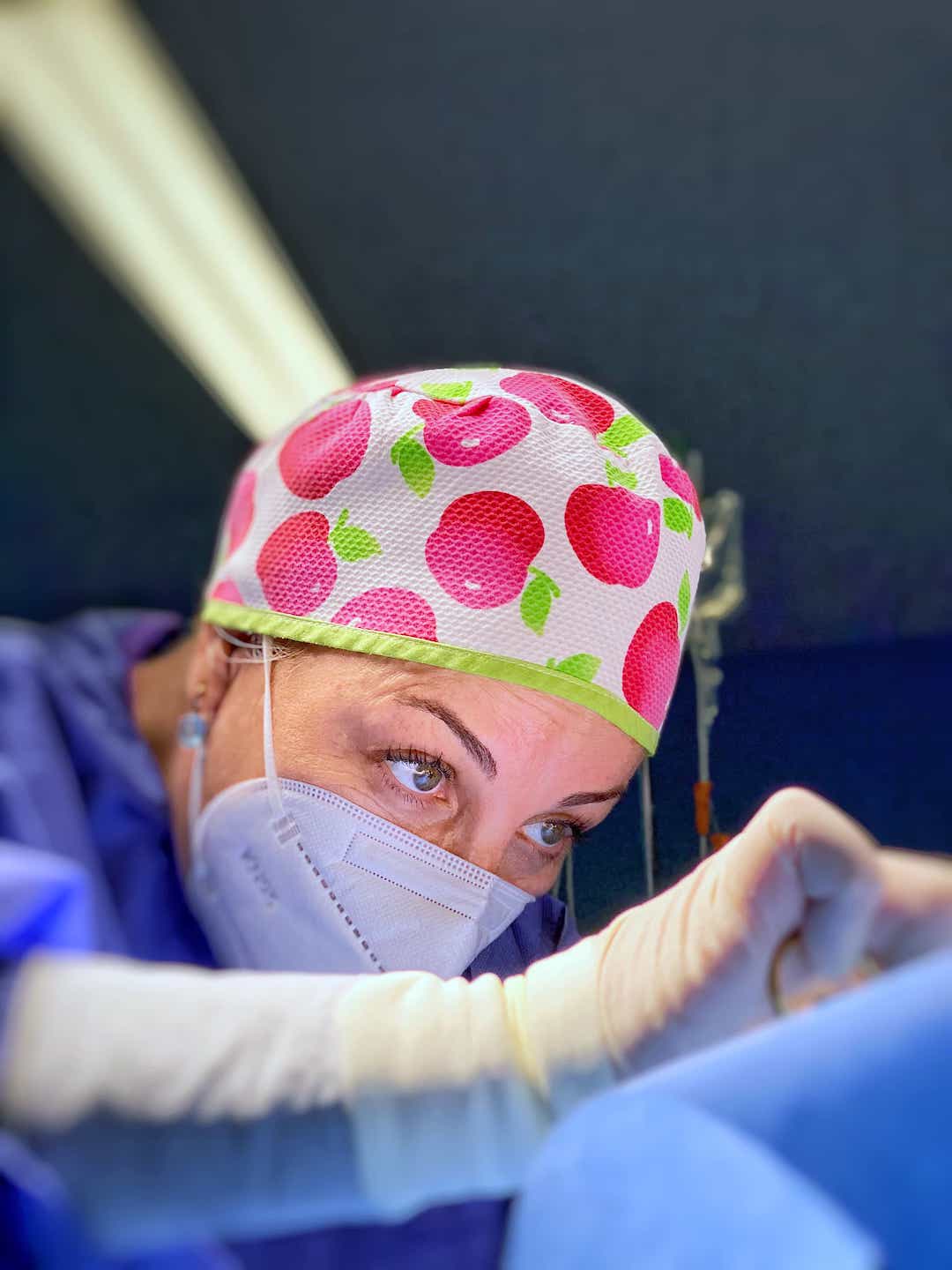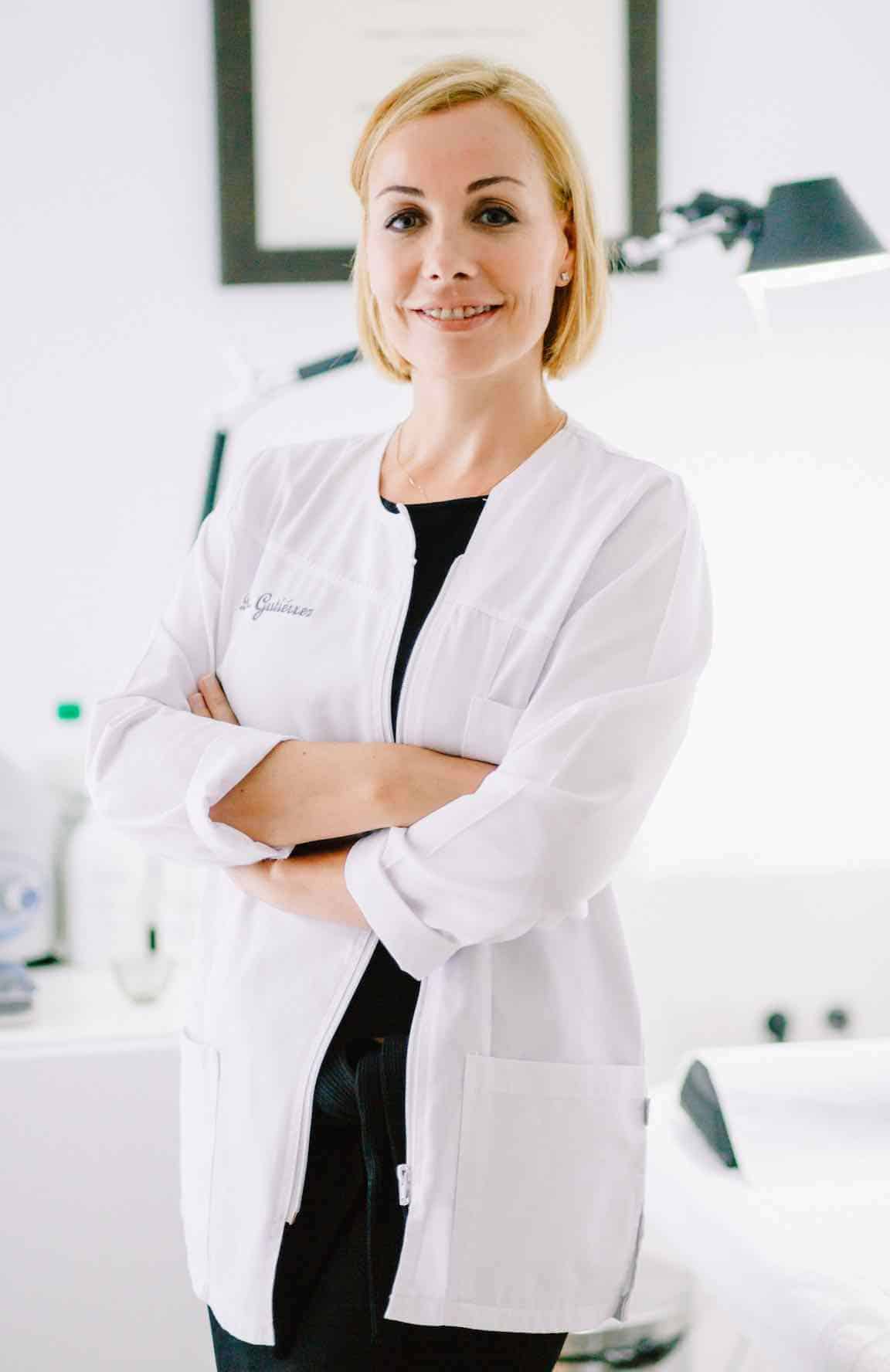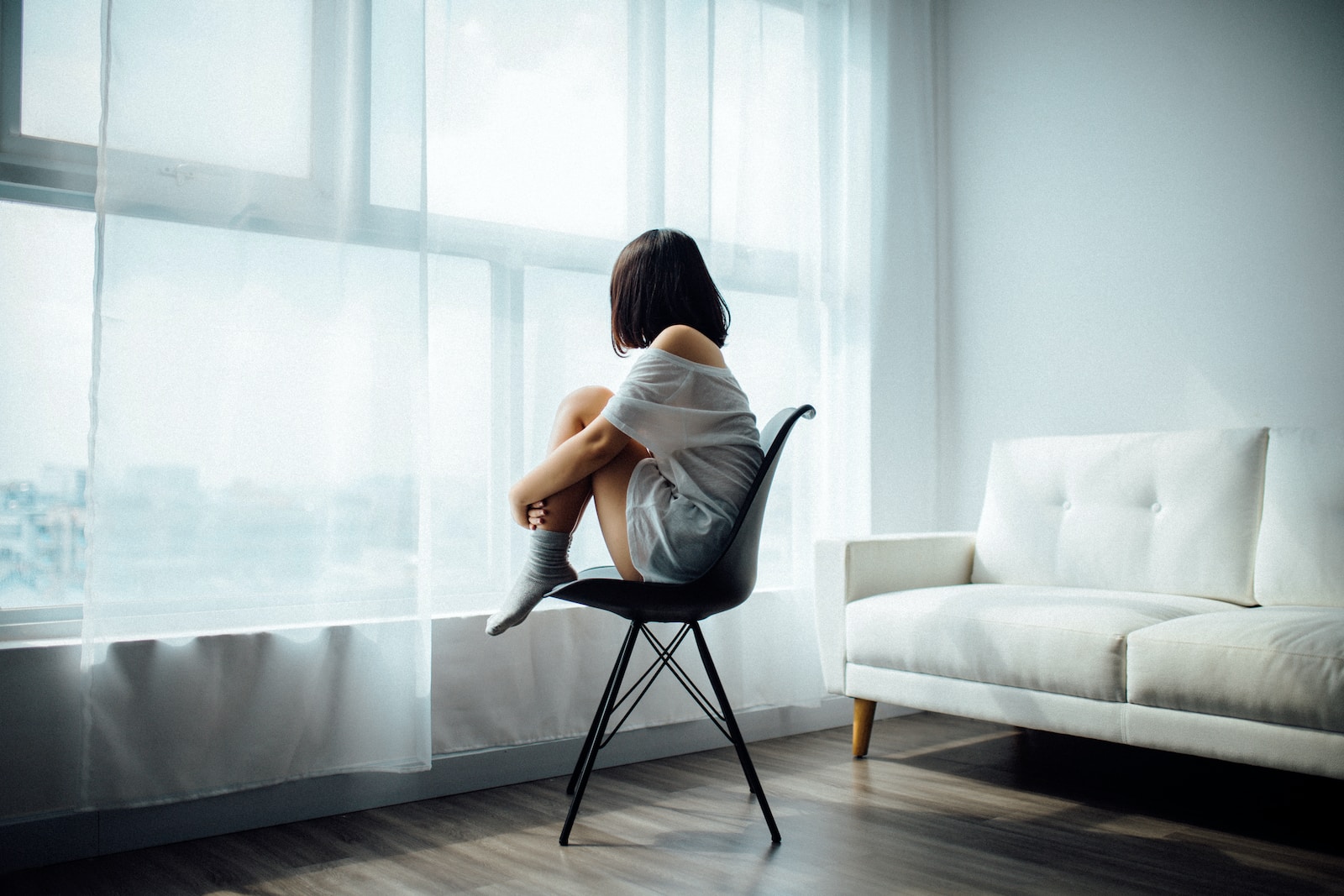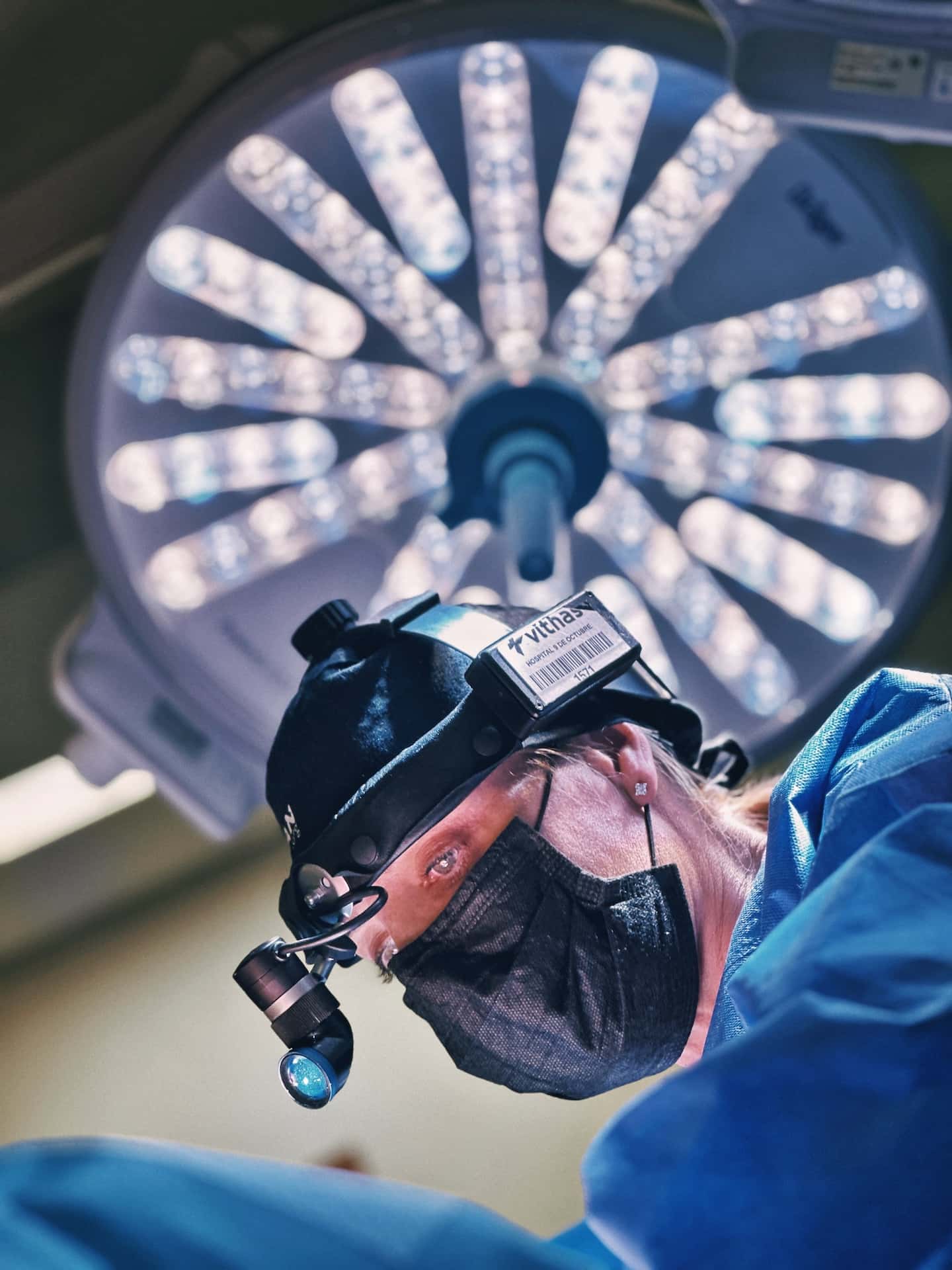How can you live with lichen vulvae?
Guide with information, tips and real cases.
How can you live with vulvar lichen?
Guide with information, tips and real cases.
Sound familiar?
doctor, I can’t sleep at night, I wake up at dawn because of itching
I get depressed often, I cry all day long, I do not eat. Each outbreak isolates me from the world.
My lips have atrophied. Living like this is an ordeal.
“My clitoris has disappeared. No one gives me a solution”


Hi, I am Patricia Gutierrez Ontalvilla, surgeon and medical researcher.
I sneak into these lines because I want to tell you firsthand how you can live with vulvar lichen
Since I became a plastic surgeon in 2004, I have met many women like you. I have learned from you and with you.
Most hide this disease for fear of rejection and modesty. And those who do not, feel affected in many spheres of their lives: symptomatic, emotional and functional
There are cases of grandmothers, like the one who was willing to stay home alone because of the discomfort during an outbreak, despite adoring her grandchildren. Or cases like that of a young woman who hid her lichen from her partner and suffered very painful and bleeding sexual relations
Hearing these stories pain me so much. But at the same time they push me to continue researching about LEV to find ways to combat it.
What is vulvar lichen sclerosus?
First of all let’s address the definition of this type of vulvar lichen, in case you just landed in this field and don’t know it well.
Vulvar lichen sclerosus or vulvar lichen sclerosus sclerosus is a chronic inflammatory condition that affects women on the skin of the vulvar and anal area. In 20% of cases, there is also extragenital involvement of the shoulders, hips, breasts, ankles, etc.
The causes of vulvar lichen are unknown, but everything indicates that it develops in genetically predisposed individuals where, in addition, act a number of immunological and environmental factors.
For your peace of mind I will tell you that it is not a contagious disease.
What are the symptoms of vulvar lichen?
The clinic (or manifestation of the disease.) that the lichen presents depends on how developed it is in each woman
It evolves differently from person to person, but, in general, it presents with a characteristic symptomatology:
1.
Itching in the vaginal area and pruritus (desire to scratch) that evolves into burning. For this reason it is often confused with candidiasis.
2.
Reddish spots that eventually turn white and harden into sores on the vulva and around the anus, which cause constipation and pain during intercourse.
3.
Vulvar atrophy with fusion and disappearance of the labia minora and majora, narrowing of the vaginal entrance and even burying of the clitoris.
How do you know if you have it?
This is the process of accompaniment from the time we meet until we confirm your recovery:

1. Avoid “Dr. Google”
Don’t look for information on forums or ask other women for what they “do well.
2. Go to an LEV specialist
See a vulvar lichen sclerosus specialist for an examination.
3. Request a biopsy
If there are doubts about your diagnosis, a biopsy may be necessary to confirm the type of lichen and rule out a possible vulvar cancer.
Some facts about vulvar
lichen
These are the figures that are currently available:
Prevalence
It is believed that 1 in 300 to 1000 adult women have LEV and 1 in 70 screened for vulvar itching have the disease (Dr. Goldstein 2005).
In Spain
In Spain, this means that about 100,000 women could suffer from it.
No diagnostics
As of today many of them have not received proper diagnosis.
Structural changes
Up to 40% will have structuralchanges in their vulvae (Dr. Cooper 2004, Dr. Shlosser 2015)
6% of cancer
Six percent may develop carcinoma if the disease progresses without proper treatment.
On the rise
Over the past 20 years the incidence has doubled due to increased biopsies (Bleeker Study 2016).
Vulvar lichen and outbreaks
This disease shows up with strong and temporary appearances, so you may think that the discomfort has been a one-time occurrence
These manifestations are so hard sometimes, that many women would be willing to eliminate them at any cost.

According to the British Association of Dermatologists survey:
80% are affected in their personal relationships.
60% are harmed in their relationships.
At 90% it damages their emotional and mental health.
60% can’t wear pants.
38% have discomfort when walking.
50% feel pain when urinating.
1 in 30 women over the age of 50 suffer from LEV.
LEV: how to cure it and fight it
There are several treatments for lichen sclerosus, lichen atrophicus, lichen planus and lichen simplex.
Depending on the evolution of the disease, you need one therapy or another to be prescribed by an LEV specialist.

In very advanced states I recommend:
1. Regenerative Medicine
With my Liquenia® Protocol.
I rely on stem cells because I have demonstrated their effectiveness with postoperative biopsies. I speak of an improvement of erosions, fissures and inflammation
2. Topical corticosteroids
I recommend corticosteroids on a maintenance regimen to decrease the incidence of flare-ups and control symptoms, should the disease resurface (remember it is chronic).
3. DermNix Moisturizing Oil
I use DermNix natural vulvar oil as a third point of support.
As it is natural you can apply it whenever you want to moisturize your intimate area and relieve the symptoms of your disease.
4. Reduce stress
As you read. If you suffer from vulvar lichen sclerosus, avoid stressful situations because they alter your immune system and your body. Seek calm and take care of your rest and relaxation hours.
General recommendations
Acceptance
Assume the lichen in the best possible way and do not feel ashamed, talk about the disease with your environment.
Hygiene
Clean your intimate area with products compatible with the vulvar pH.
Syndet
Do not abuse the continuous washing and do not use soap with perfume, it is better to use only water.
First of all a lot of calm
Control anxiety naturally.
Revisions
Keep your periodic checkups even if you have no symptoms.
Images
Follow up at home by taking pictures of your vulva to see how it is evolving.
Appropriate clothing
Dress in roomy, comfortable clothes made of natural fabrics.
